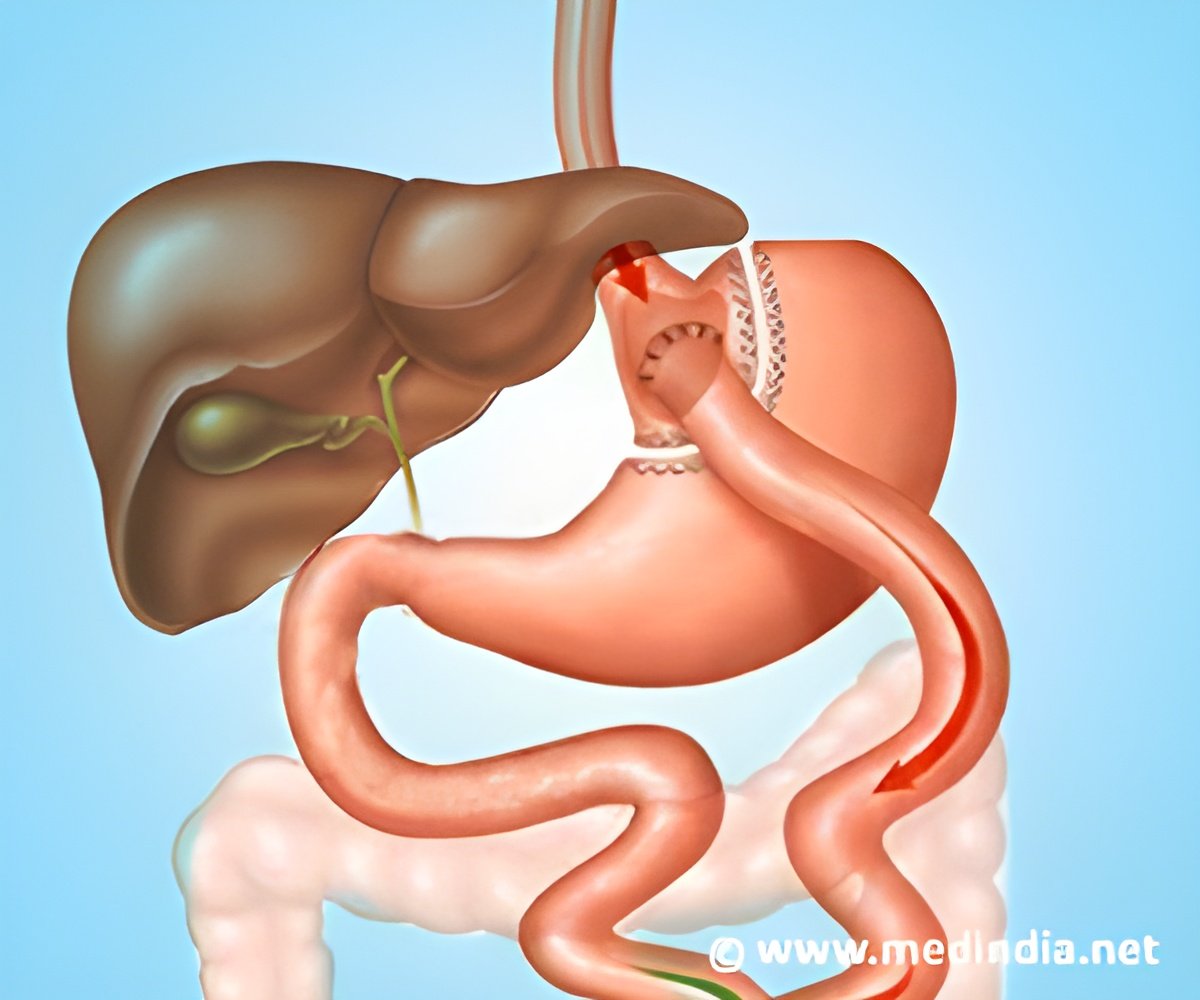Even before any weight loss has taken place, a majority of gastric bypass patients mysteriously recover from their type 2 diabetes

The small study involved gastric bypass surgery on just four pigs, but is the only study of its kind and therefore unique.
The results confirm that neither weight loss nor reduced food intake are required in order for the procedure to raise the number of beta cells, as the pigs had identical body weight and ate exactly the same amount of food.
Type 2 diabetes develops when the body's insulin-producing beta cells stop working, or when the body is not able to use the insulin that the cells produce.
The majority of people who suffer from obesity and undergo a gastric bypass operation recover from their diabetes within days of the procedure. The operation involves altering the connection between the stomach and the intestines so that food bypasses the stomach and parts of the small intestine and instead goes straight into the small intestine. Until now, it has been a mystery why patients' blood sugar levels normalise.
The group at Lund University Diabetes Centre found that the pigs' beta cells improve their insulin secretion. The researchers also studied tissue from the pigs' pancreas, the organ where the beta cells are located, something that is almost impossible to do in humans. They found that the number of beta cells increased after the operation.
Advertisement
"The reason why we have now studied pigs is that they are omnivores like us and their gastrointestinal physiology is similar to that of humans. This basic research in GI tract functions is mutually beneficial, since it also helps the further refinements of surgical methods", says Jan Hedenbro, surgeon at Aleris Obesitas, who has collaborated with Lund University Diabetes Centre on the project.
Advertisement
"However, we are first going to repeat the study on pigs with obesity and diabetes", concludes Nils Wierup.
Source-Eurekalert














